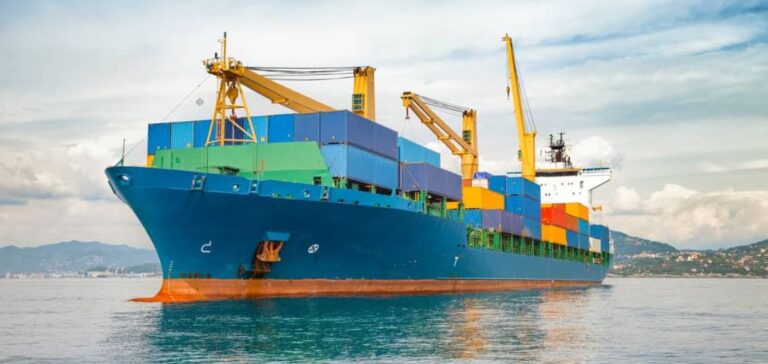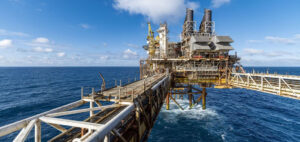According to a Singapore-based shipbroker, despite Israel’s recent attack on Iran in response to Iranian strikes on its territory, loading operations are continuing as planned in the main oil and refined products producing countries. The fluidity of the situation means that regular activities can be maintained for the time being, although uncertainty remains high due to Friday’s festivities, a public holiday in most Persian Gulf countries.
Immediate economic consequences
Sources within refining companies in South Korea indicate that freight charges for imports from the Middle East are now a major concern, surpassing the usual safety issues. Another broker points out that the scale of the attack on Iran will largely determine future repercussions.
Shipping operations and company reactions
An executive from a major tanker company expressed that although cargoes in the Persian Gulf would not be immediately affected, they would probably depend on the scale of the Iranian response. In addition, the company is planning to increase freight charges for travel from this region. Meanwhile, Japan’s Mitsui OSK Lines (MOL) has yet to comment on the potential impact on its operations, following the alert incident issued after Iran seized the MSC Aries near the Strait of Hormuz.
Strategy and long-term vision
The management of the tanker companies has the power to decide on the supply of vessels for cargoes in the Persian Gulf, and any decision announcement will be communicated by them, according to a source from another owner company. Market participants point out that unless hostilities reach the intensity of the conflict in Ukraine, trade flows will continue, but costs will rise considerably.
Heightened tensions between Israel and Iran could significantly transform the economic dynamics of global shipping, influencing both operational costs and shipping lines’ long-term strategies.






















